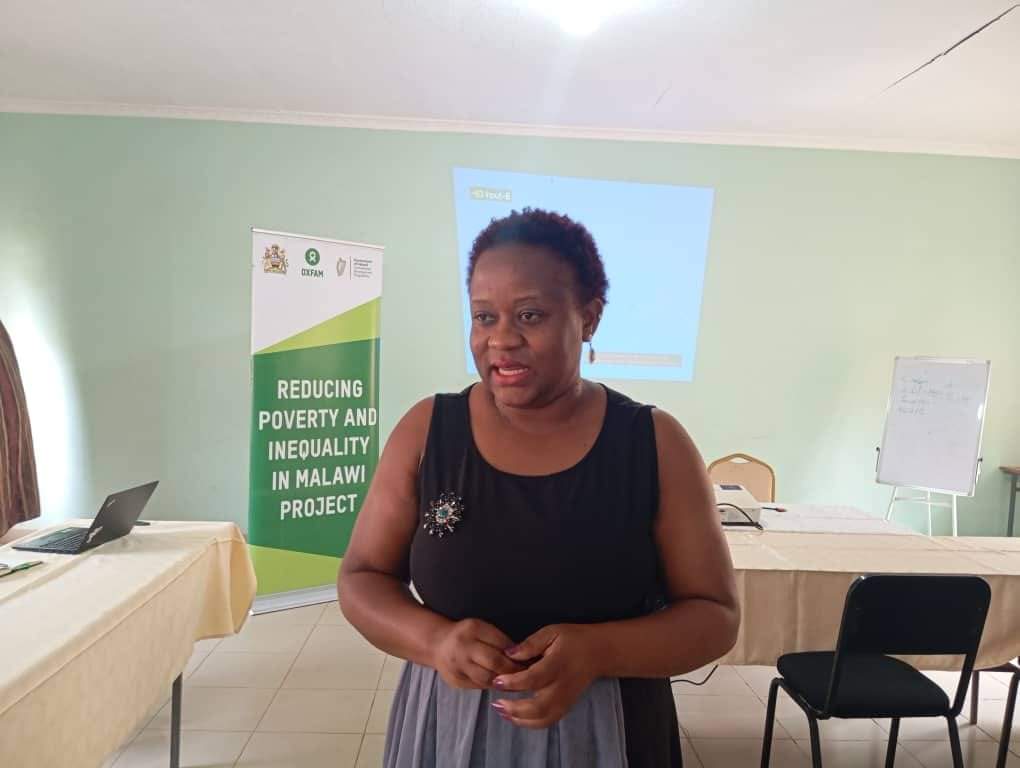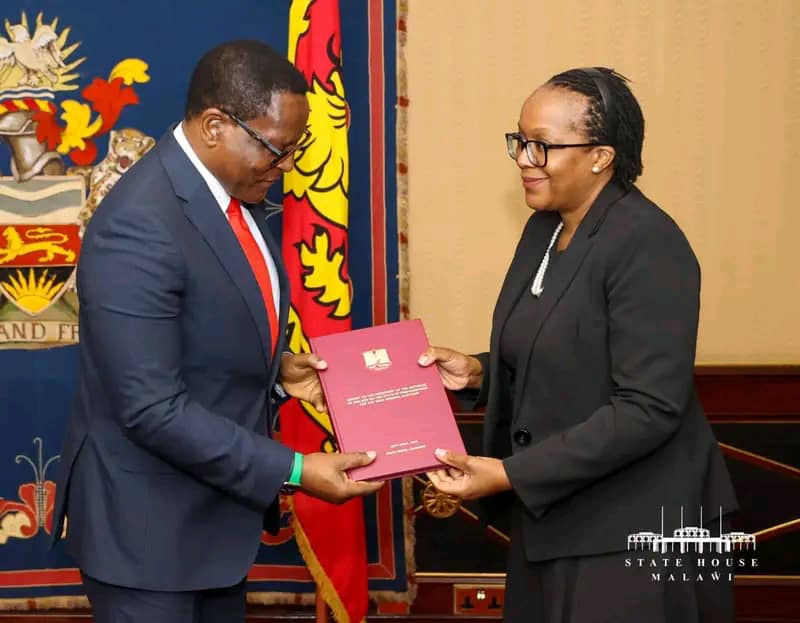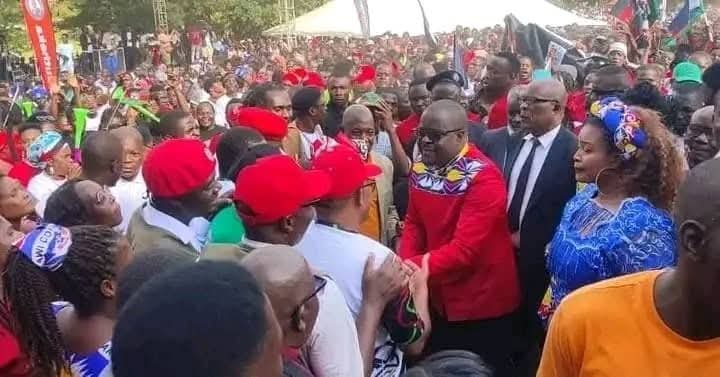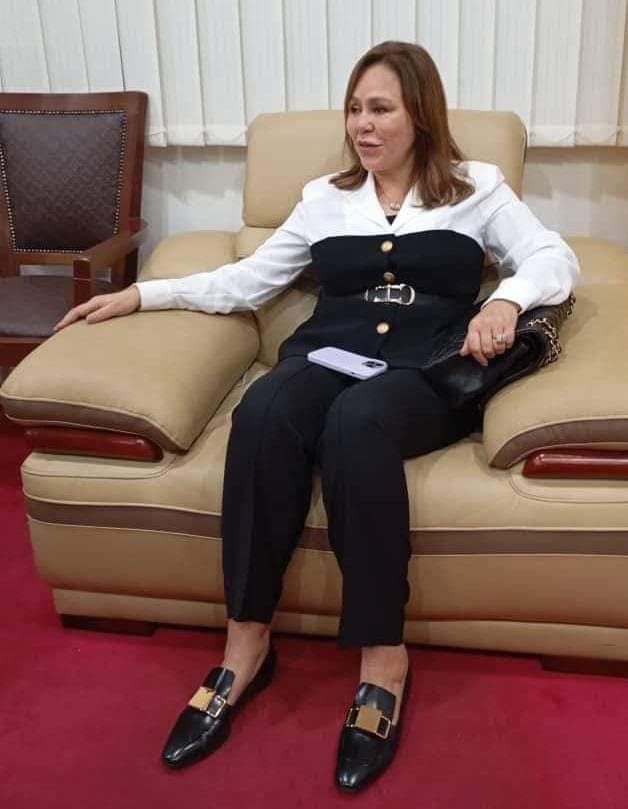By Burnett Munthali
Aspiring women candidates for Malawi’s 2025 elections have emphasized the need to raise awareness about the Constituency Development Fund (CDF) in rural areas, saying it can provide equal opportunities for both well-established and marginalized individuals interested in political participation.
Sidonia Katola, a candidate from Nsachembe Ward in Mchinji District, noted that many rural voters often choose political representatives based on their financial status, overlooking those with genuine interest and commitment to developing their communities. “People tend to vote for candidates who are financially strong, leaving out others who have the passion and vision to uplift their areas,” Katola said.
Katola shared her insights at a training session in Mchinji aimed at encouraging women to pursue political roles, organized by Oxfam. The training is part of a larger initiative to support women’s political empowerment, particularly in areas where financial constraints have limited their political participation.
Lindiwe Jere, who leads the initiative at Oxfam, shared that the organization is committed to supporting women candidates who have already paid their candidacy fees with the Malawi Electoral Commission (MEC). She highlighted that over 300 women nationwide have shown interest in contesting for various political positions in the upcoming elections.
Mchinji North MP Rachel Zulu commended Oxfam for its focused training, acknowledging that poverty has made it difficult for many women to stand on their own in politics. She noted that financial support and training can boost women’s confidence and capabilities in political campaigns.
Funded by Irish Aid, Oxfam, in partnership with Concern Youth Organisation (CYO), is working on a project called “Reducing Poverty and Inequality” across 12 districts in Malawi. This project seeks to empower women and marginalized groups in political spaces, hoping to bridge inequality and support sustainable development through increased female representation in governance.




